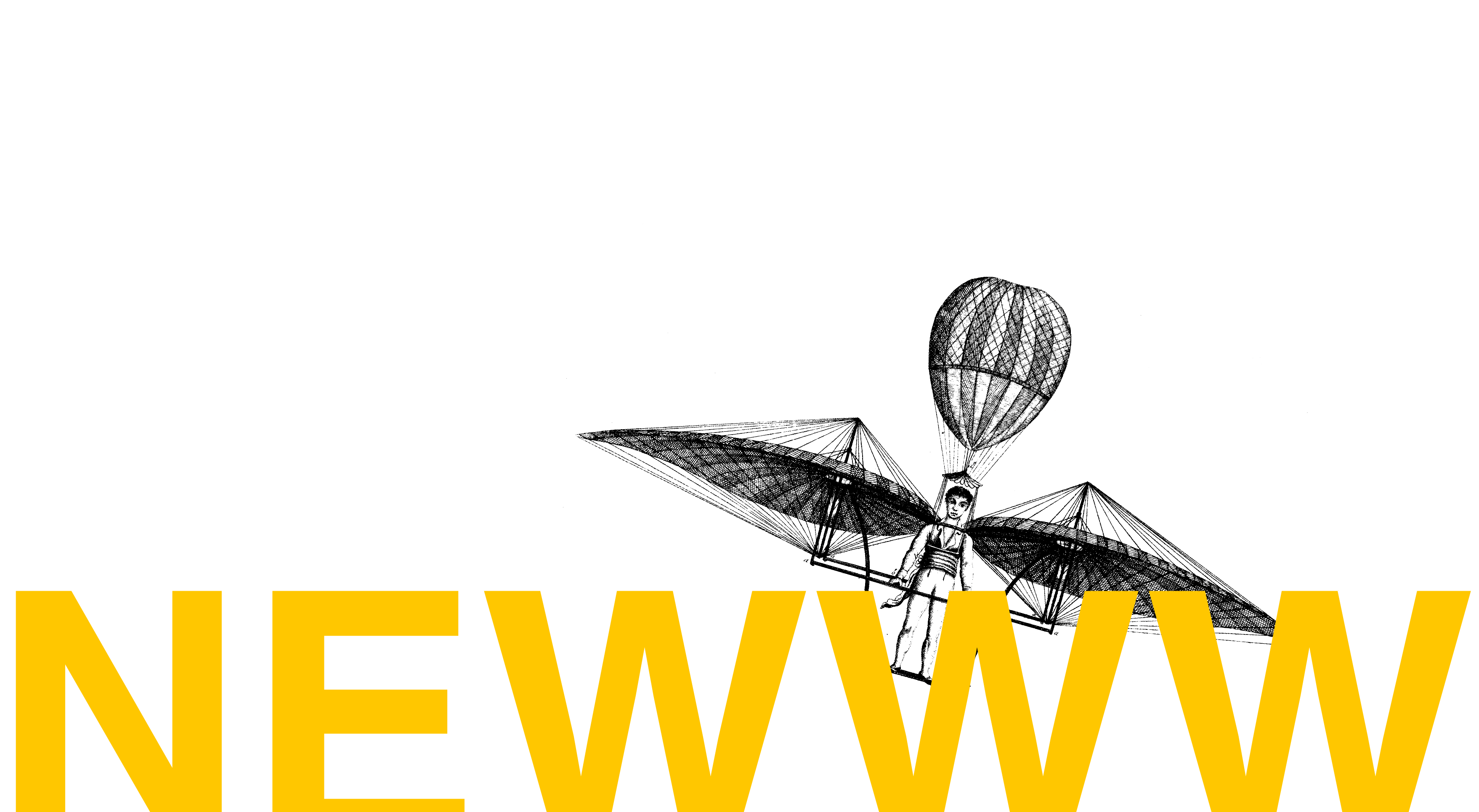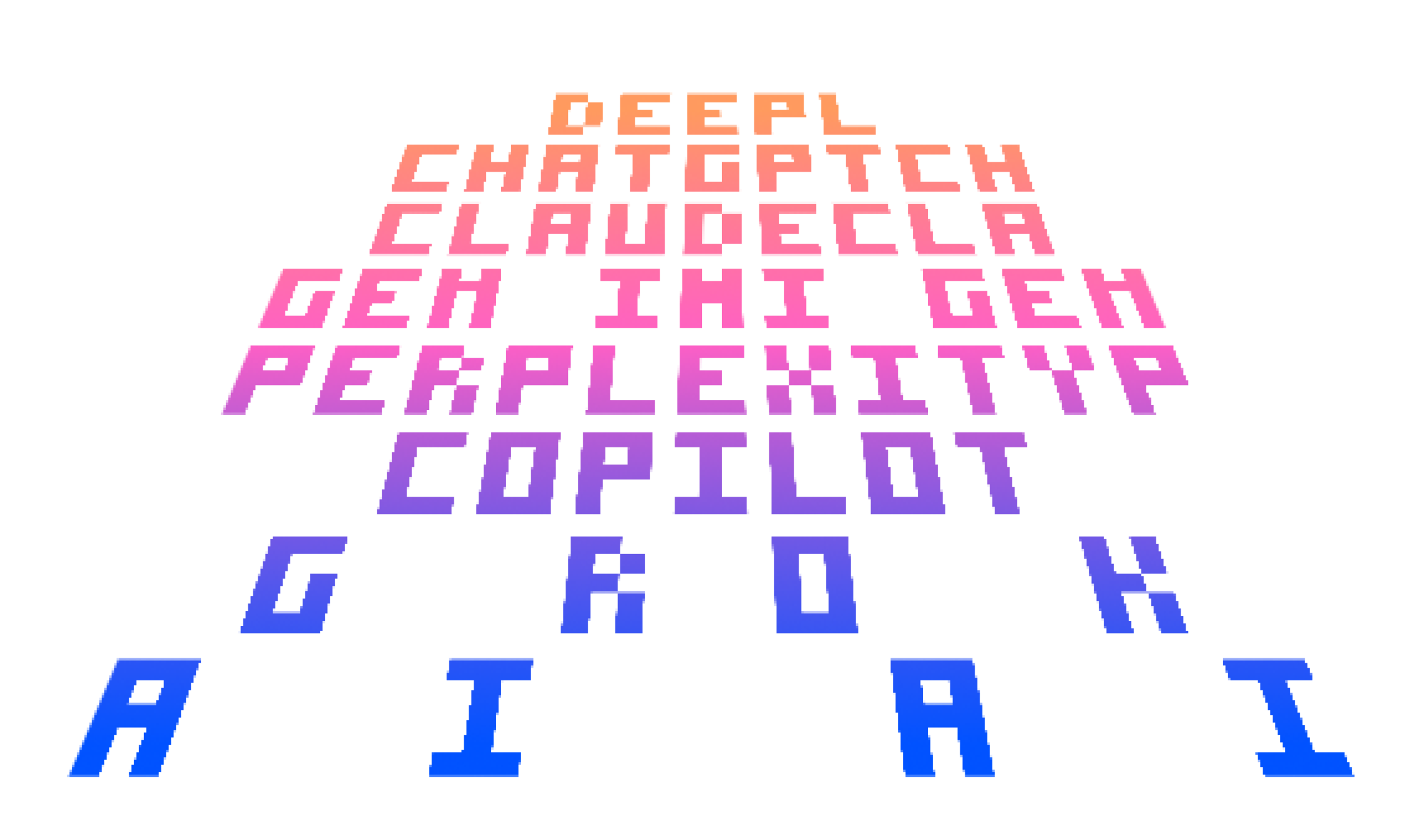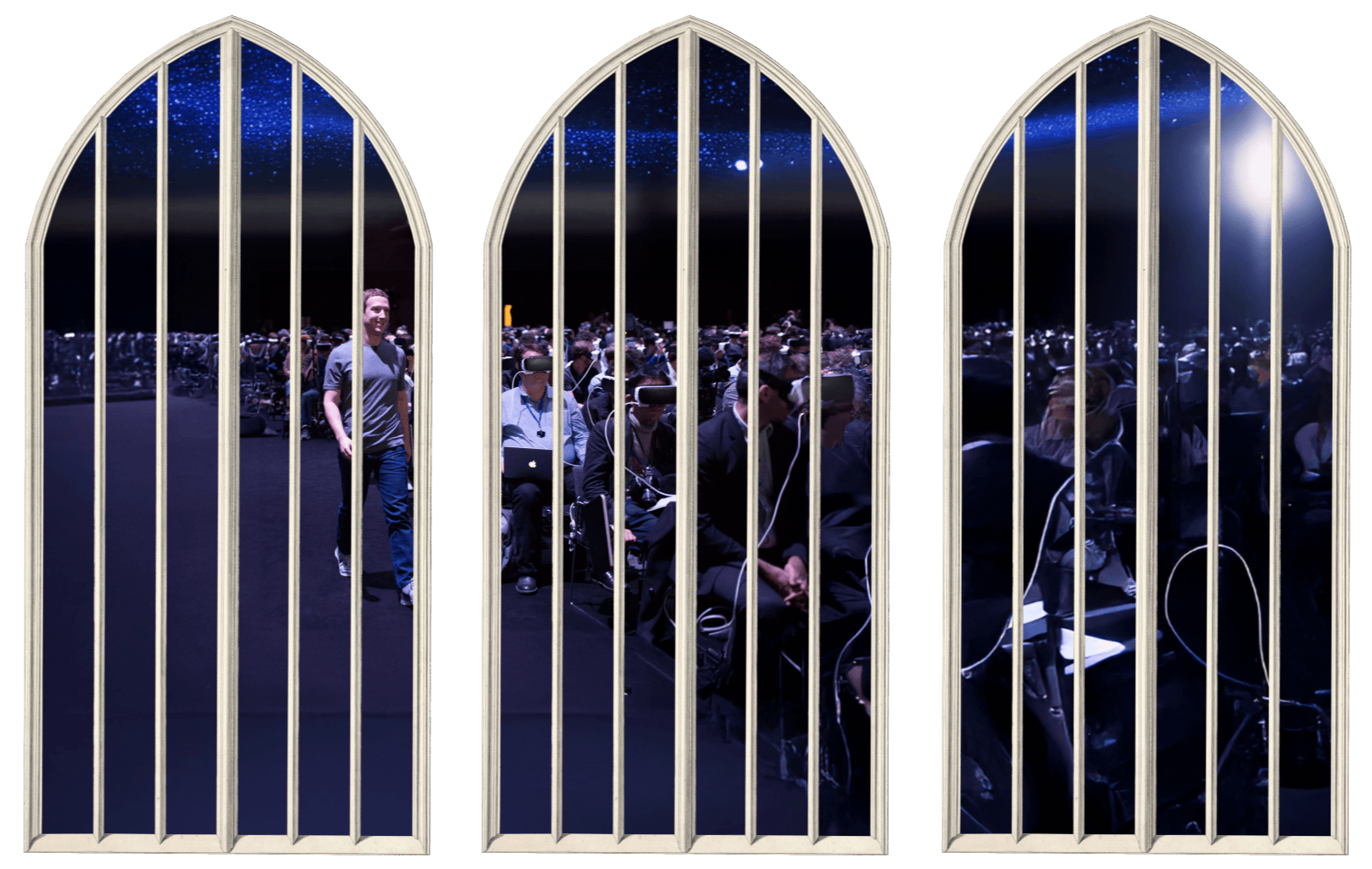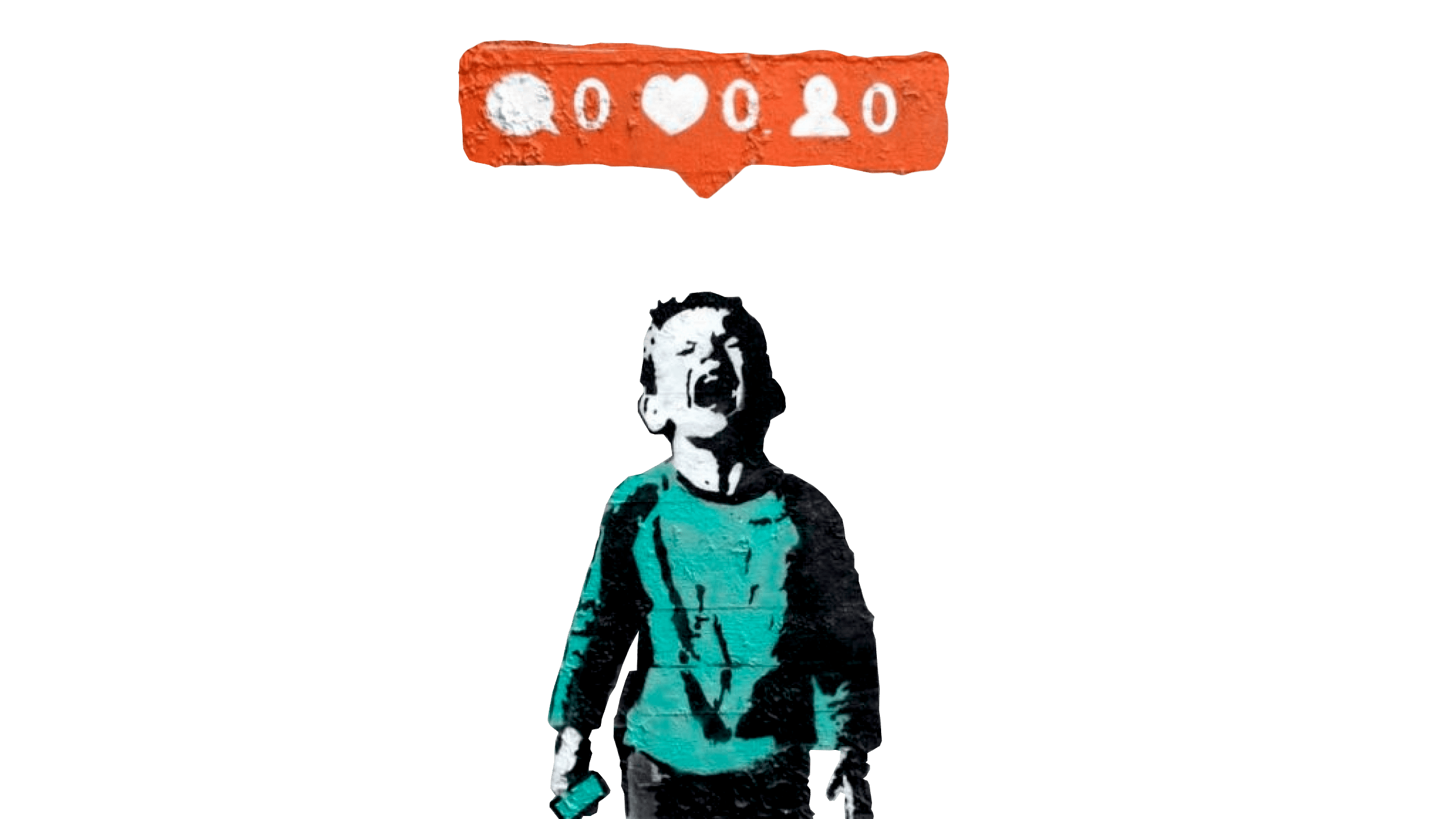You often hear people saying that other people understand or don’t understand the media. Funny enough that the appreciative “he/she understands the media” is applied to success in old media, while “he/she does not understand the media” is applied to old media people fumbling with the Internet. So:
- What does it mean “to understand the media”?
- What are the differences between old and new media?
- Why is it so hard to understand new media?
Old Media Strategy: Preaching
Applied to old media “understanding the media” basically means to know how to shape a message so it becomes a magnet of attention. Old media is based on authority and the idea of a big story. Its paradigm is the bible. Its subject is the truth.
- Depending on which particular medium you use (Paper, Radio, TV) one has to adapt to certain material standards in order to be successful
- It hardly changes its self-definition
- It hardly changes its rules and shape, it is constructed by a few chosen people and it develops slowly
- It shows no form of own intelligence
- It’s controllable by money, power and/or superstition
- It grows attention through manipulation
- It is authoritarian, cautionary and talking down to us
- It drives and is driven by fear and entertainment, sex and crime
- It creates myths and creates distance
- It lives in the past
New Media: Socratic Dialogue
The cool thing about working with new media in general is that you never fully understand it. Of course a paper tiger might object that understanding old media is also process that never comes to an end. Yet understanding new media is a bit more of a challenge as it is conceived as a two way medium constantly redefining itself. Its paradigm is the socratic dialogue. Its subject is knowledge.
- It can take the shape of all other media and thus emulate them in their function and power
- It constantly changes its self definition (Web 1.0, Web 2.0, Web 3.0)
- It is driven and constructed by billions of people and thus advancing faster than any other technology we are aware of
- It generates a form of meta-intelligence that governs itself through the help of human intelligence
- It is not controllable by either money or power or superstition
- It rejects manipulation and grows through collaboration
- It’s anti-authoritarian, easy to understand and it engages in conversations
- It is driven by information and humor
- It informs and connects
- It constantly defines and redefines the future
The Media Is the Message: The Web Is Not a Church, TV Is
That a new medium incorporates an old medium is not new. Print incorporates speech, radio incorporates print, cinema incorporates radio, TV incorporates radio. McLuhan noted as early as 1964 that “the content of a medium is always another medium.” The new thing about new media is that it doesn’t have a defined shape and that due to its high speed development its rules evolve constantly. In order to stay in touch with new media developments you are forced to develop as well. Which, I believe is an essentially philosophical state of mind.
Which leads me to today’s conclusion. While old media requires a mindset very similar to religion (priests on one side, and believers on the other), new media requires a philosophical mind. New media knows that it doesn’t know. And that knowledge can get you pretty far at times. It is hard to understand because in order to comprehend it, new media requires you to engage in its dialogue.







